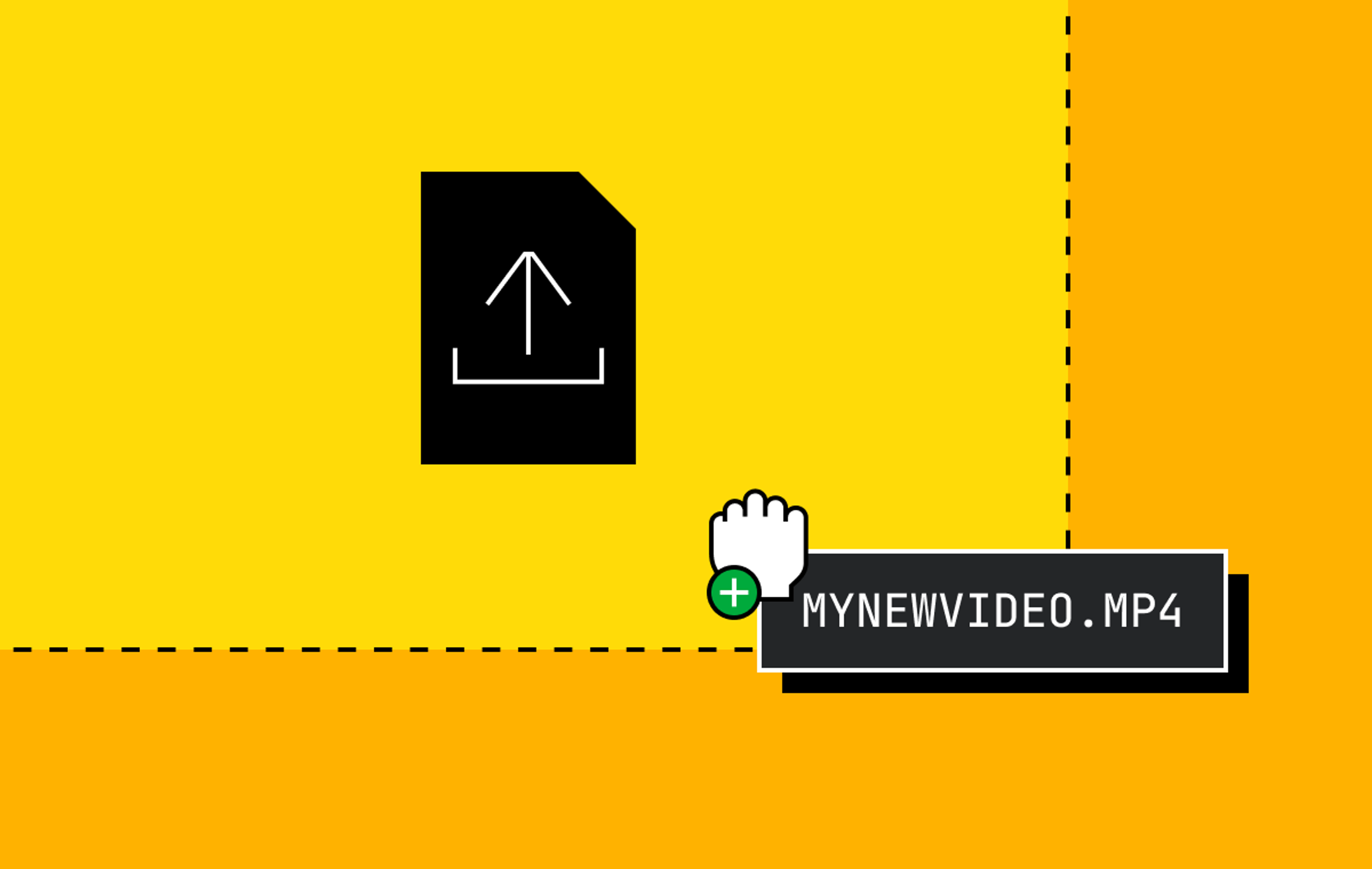For the last seven months, Mux has been hard at work on a performance analytics platform for online video publishers. Our product gives customers like PBS, IGN, and Funny or Die more information into their streaming video performance than they’ve ever seen, digging deep into performance metrics like playback failures, startup time, rebuffering, and video quality.
Today we're excited to announce that we've raised $2.8M in seed funding from a great list of investors, including Y Combinator, SV Angel, Susa Ventures, Lowercase Capital, Pathbreaker, Advancit, and founders of Parse and Heroku.
To explain what we’re building, and why, let’s start with a little background.
Back in 2010, two of the Mux founders started a company called Zencoder. We’d been hacking on cloud video encoding for a few years, and we knew first-hand that there was a market for a good platform.
Zencoder grew quickly. About two years after we launched, we were approached by Brightcove about an acquisition. We weren’t really looking to sell, but we liked Brightcove, and they came to us at the right time: we had real traction, and hadn’t yet raised traditional VC funding. So in 2012, Zencoder was acquired by Brightcove.
Along the way, we built an open video player called Video.js. We realized in 2010 that Flash video needed to die, and HTML5 video was the future. Video.js was the first major video player that took an HTML5-first approach, and is now the most widely-used open source player on the web.
So why, when we decided to start something new in 2016, did we focus on analytics and monitoring?
First, after spending significant time with hundreds of customers, we realized something surprising: most companies don't have this data. Sure, everyone has some data, like Google Analytics for tracking web activity, Nagios for server monitoring, or a homegrown log aggregation system. But when it comes to arguably the most important part of an online video platform - the actual video streaming - many video publishers are blind to their core quality of service metrics, like rebuffering, time to first frame, errors, and video quality. This means they don’t know how they perform in different geographies (Australia vs. USA), on different devices (desktop vs. iOS vs. Android), or across changes to their architecture (new video player vs. old player).
Second, TV is moving online, but online video monitoring is way behind when compared to traditional TV.1 This has to change soon, and it starts with performance analytics. As the old saying goes, if you can’t measure it, you can’t manage it. Better monitoring has transformed software development over the last decade, but video has been left behind.
Third, this data is the key to good video publishing. We learned this lesson from our friends at Netflix and YouTube, who have invested heavily in sophisticated analytics systems, and measure literally every change to their platforms. They have used this data to build better technology and to measurably increase their watch time and revenue. There is no reason why the rest of the market shouldn't do this too.
We started Mux to bring this level of sophistication to everyone, from startups to broadcasters to big technology companies. Online video is still in its early days; over 90% of long-form content in the living room is watched offline. But we're nearing a tipping point, and online video is going to explode over the next five years. This next generation of video needs to be data-driven, and Mux wants to make this happen.
Want to check it out? Visit https://www.mux.com and sign up for a free trial.



